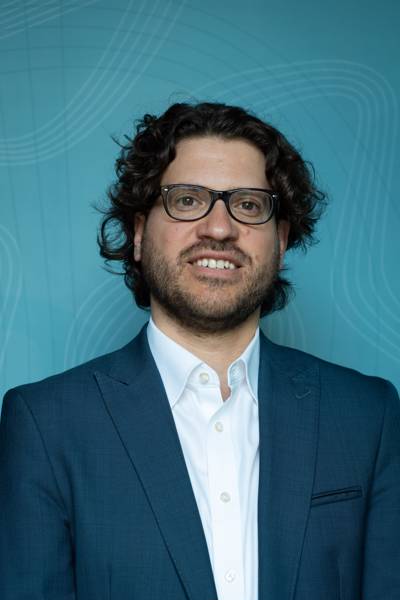In post-revolution Libya, the proliferation and trafficking of Small Arms and Light Weapons (SALW) became pervasive due to the ongoing political and armed conflict that succeeded the fall of Qaddafi. The continuing state of insecurity and weakness of central state authorities has led local and community-based actors to develop their own peacebuilding initiatives, some of which included homegrown measures to control or reduce the proliferation of SALW. Drawing on insights collected in the cities of Az-Zāwiyah, Bayda, and Tobruk, this policy commentary discusses the mechanisms leading to the emergence of such initiatives, the methods of their implementation, and their strengths and weaknesses. Although these local initiatives did not result in building lasting and comprehensive peace at the national level, they offer a preliminary set of lessons learned that can help inform prospective peacebuilding and SALW control efforts in Libya.
Tartir, Alaa & Nicolas Florquin (2021) Urban Peace-Building through Community-Based Initiatives to Control SALWs in Libya, Journal of Illicit Economies and Development 2 (2): 99–103.








